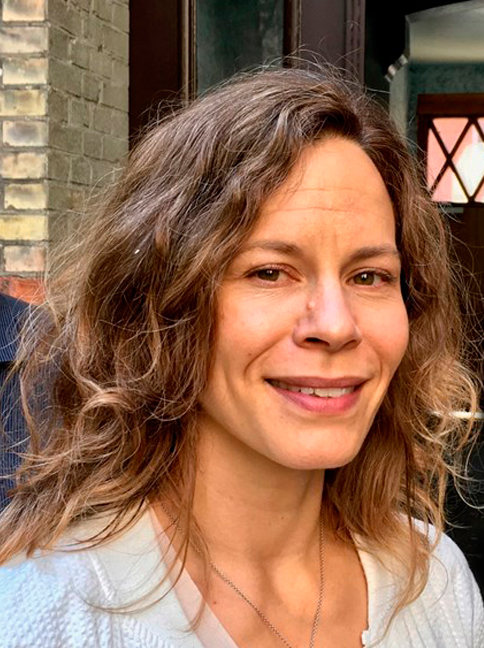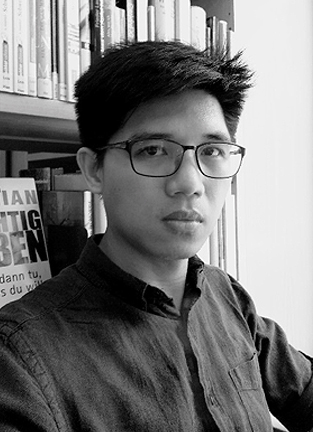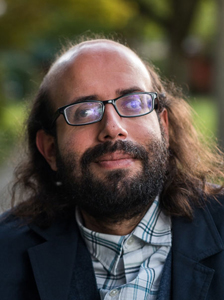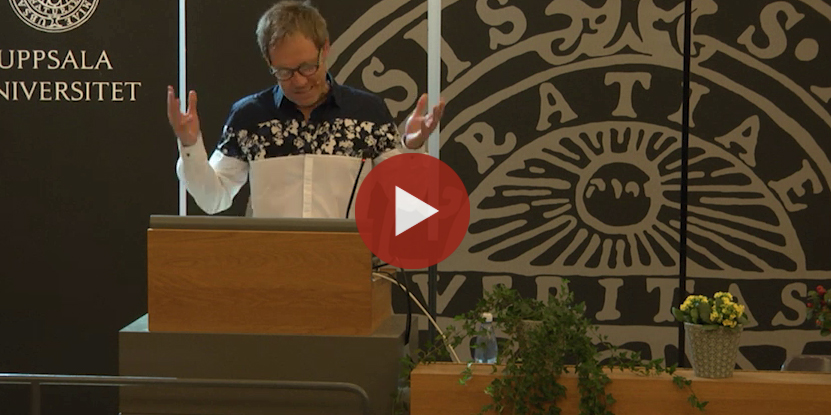I am a concert pianist, musicologist, and film scholar. My PhD examined music in the films of Swedish director Ingmar Bergman, and my current project is to transform this research into two books.

From the earliest decades of sound cinema, films have incorporated classical and popular music in their soundtracks. One of the major directors to make pre-existing music a regular feature was Ingmar Bergman, whose output of over 40 films between 1946 and 2003 propelled him to the forefront of international art cinema. This music often appears onscreen; his characters listen to it, talk about it, play it, perform it, or are haunted by it. Unlike conventional film music, Bergman’s pre-existing music, when placed onscreen in the narrative, speaks not only to his audience but also – and perhaps primarily – to his characters. It is the human aspect of onscreen musical interaction that I find compelling and that I explore in my work.
Although I did not explicitly frame my PhD work in terms of vulnerability, I now find striking how in so many scenes of onscreen music, vulnerability comes to the fore – because vulnerability is at the heart of artistic creation and participation: vulnerability to imagination, to emotion, to suffering, to the human condition. My contention is that, by using Bergman’s films as a framework to understand how music functions in cinema, we can extrapolate further on the richness and significance it plays in our own lives: what it means to listen to music, to stand before an audience and perform music, to engage with artists of the past in a kind of spiritual communion, and to examine what happens when music collides with a world that places little value on art: the social and economic instability associated with being an artist, the correlation of musical performance with ritualised humiliation, and the existential questions surrounding the purpose of art in times of extreme violence and war.




































